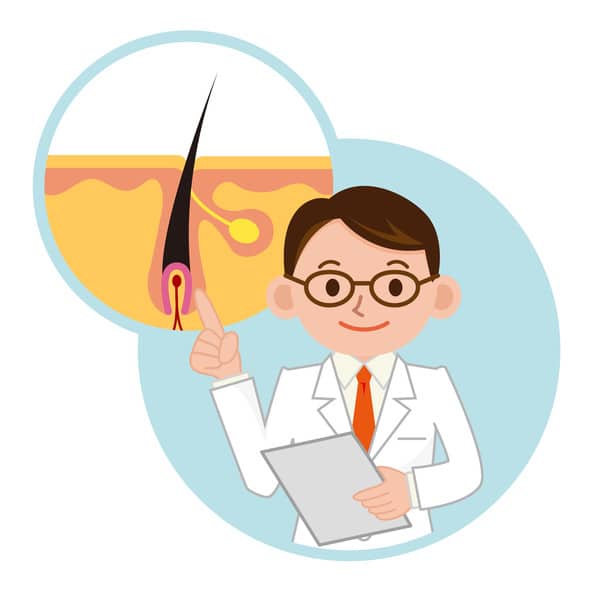Hair Sample Drug Test
Drug testing is becoming an increasingly important component of safety, security and operations across many industries. For professional and commercial transport, it’s an especially crucial component, as both the safety of passengers and/or cargo are now also a part of the equation. Drug use for drivers, pilots and other vehicle operators can have tremendously negative effects on the road, the rail, or even in the air. In workplaces, drug use doesn’t just affect the individual user, it has a domino effect on work and the co-workers in the environment, affecting relationships and efficiency.
Beyond the ethical implications of drug use in a professional setting, there are, of course, legal considerations. It’s one thing to abuse prescription drugs provided by pharmacies, but when the drugs involved are illegal, such as cocaine or marijuana, this has consequences for both the individual and the company that hired the drug abuser. National Drug Screening offers a wide variety of standardized drug testing procedures for companies that need it, but today we’d like to discuss a relatively recent addition to the arsenal of drug testing that’s been getting impressive results.
The Metabolite Effect
When a drug is consumed it leaves behind trace remnants known as “metabolites” in the bloodstream that then become deposited in various portions of our physiology. These metabolites, however, have a lifespan for the period in which they remain detectable to certain testing methods and scientific instruments. The traditional drug test, such as the urine test that has been a commercial and medical standard for many years now, is easy to administer and collect. One urine sample can be collected and subjected to a “panel” drug test, meaning that multiple substances can be screened from one sample for increased efficiency. National Drug Screening, for example, offers a 10-panel test for up to 10 different drugs. Once a sample has been collected and tested at a SAMHSA certified laboratory, the lab data is sent to our staff of medical review officers (MRO) for review and verification of positive or negative results.
One issue with the standard urine test, however, is the duration of metabolites that are deposited in the urine. Alcohol in particular has a very short life, and can lose effectiveness for detection in as little as 90 minutes. Most of the standard narcotic drugs, such as different prescription opioids or illegal drugs such as cocaine and opiates will remain in the urine for less than a week before the metabolites fall out of the range of detection.
Using a hair sample drug test is a very different process. It’s been discovered that metabolites that are deposited in hair follicles have a much longer lifespan. Metabolites remain detectable in a hair sample for up to 90 days from when they were consumed, and it can be an even longer period for certain drugs. Hair testing is becoming increasingly popular. Even in trucking companies where DOT required the standard 5-panel urine test; an additional hair test is required by many trucking companies.
A hair sample drug test is, in some ways even easier to conduct than a standard urine sample test. About 100 milligrams of hair, which is about 100 – 120 strands, at 4 cm or 1.5” in length are needed in order to get strong results in hair analysis. The hair is cut as close to the scalp as possible, so only the strands of hair above the scalp are tested and not the actual hair follicle. If there’s not enough hair on the head to conduct this, then any body hair of appropriate weight (about 100 milligrams, about the size of a cotton ball) will do, so people that are bald or shave their heads can still be analyzed with this test. Another good thing about the test is that it’s very difficult to cheat; short of shaving all body hair off on the day of the test, which is a tacit admission of guilt, even shampoos and other cleaners cannot eliminate metabolites from hair.
The hair sample drug test is an ideal procedure both for regular workplace screening and especially for pre-employment screening. The long duration of metabolite detection makes it extremely unlikely that a regular drug user would hold off 90 days of drug use simply for a job interview, whereas a week of abstinence for a regular urine test may be more achievable.
Often called hair follicle drug test, the hair follicle is not actually tested. The metabolites of the drugs go into the hair follicle and then into the hair strands. The hair strands are cut as close to the scalp as possible for drug testing.
For more information on hair sample drug tests and how they can be incorporated into your company’s workplace practices, please contact us at National Drug Screening. We have a fulltime staff of experienced medical review officers always available to exam hair drug test results with quick notification back to you. We are also fully compliant with Department of Transportation screening requirements.







